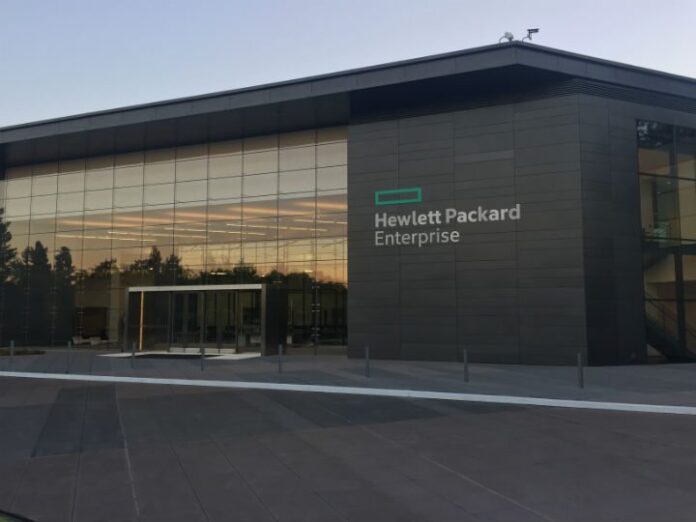The two firms will initially focus on smart city use cases including environment, transportation systems and waste management.
Hewlett Packard Enterprise and PwC have announced a project to jointly create a center of excellence (CoE) in Kolkata, India, to develop smart city technologies.
HPE and PwC said they will use internet of things (Io) technologies to create opportunities for city administrators to optimize their assets and provide citizen-centric services.
Under this project, PwC will leverage the HPE Universal IoT (UIoT) platform in its CoE to support development, testing and management initiatives around future cities. The CoE will utilize UIoT platform features, including lightweight machine to machine (M2M) support, expanded device management and increased LoRa support. Together, HPE and PwC will enable IoT applications to provide advanced analytics and machine learning innovations.
“By combining HPE technology solutions and services with PwC business strategy, process, people and change capabilities, we are able to help organizations accelerate business and societal transformations, and derive greater value faster from their IoT initiatives and the center of excellence in Kolkata is a testament of our joint efforts,” said Nigel Upton, general manager, Universal IoT platform at HPE.
The project also stipulates that PwC’s applications and dashboard will be integrated with the HPE UIoT platform to drive scale, security and speed for the new CoE. The joint initiative will initially focus on a number use cases including environment, transportation systems and waste management.
The two companies said that smart poles deployed throughout the city will serve as aggregation points for sensors, cameras and digital display boards collecting environmental data. The environment data the smart devices collect across the city will be used to identify areas subject to heavy pollution.
Additionally, IoT devices will be used to collect traffic data and model traffic condition to further modify the timing cycle for signals based on traffic flow. The collected traffic data will then be integrated with GPS data from the transit management system to provide accurate estimated times of arrival (ETAs) for public buses. Also, sensors will be placed in parking lots to enable real-time tracking of available spots.
HPE and PwC also said that they are also expanding use cases to other industry verticals including manufacturing and infrastructure.
“The burgeoning impact of IoT is going beyond the enterprise and now has large societal implications. Bringing together our industry consulting and technology teams with HPE, we are working on solutions which will bring significant productivity gains to the organizations and societies at large,” said Raman Kalra, partner at PwC India.

